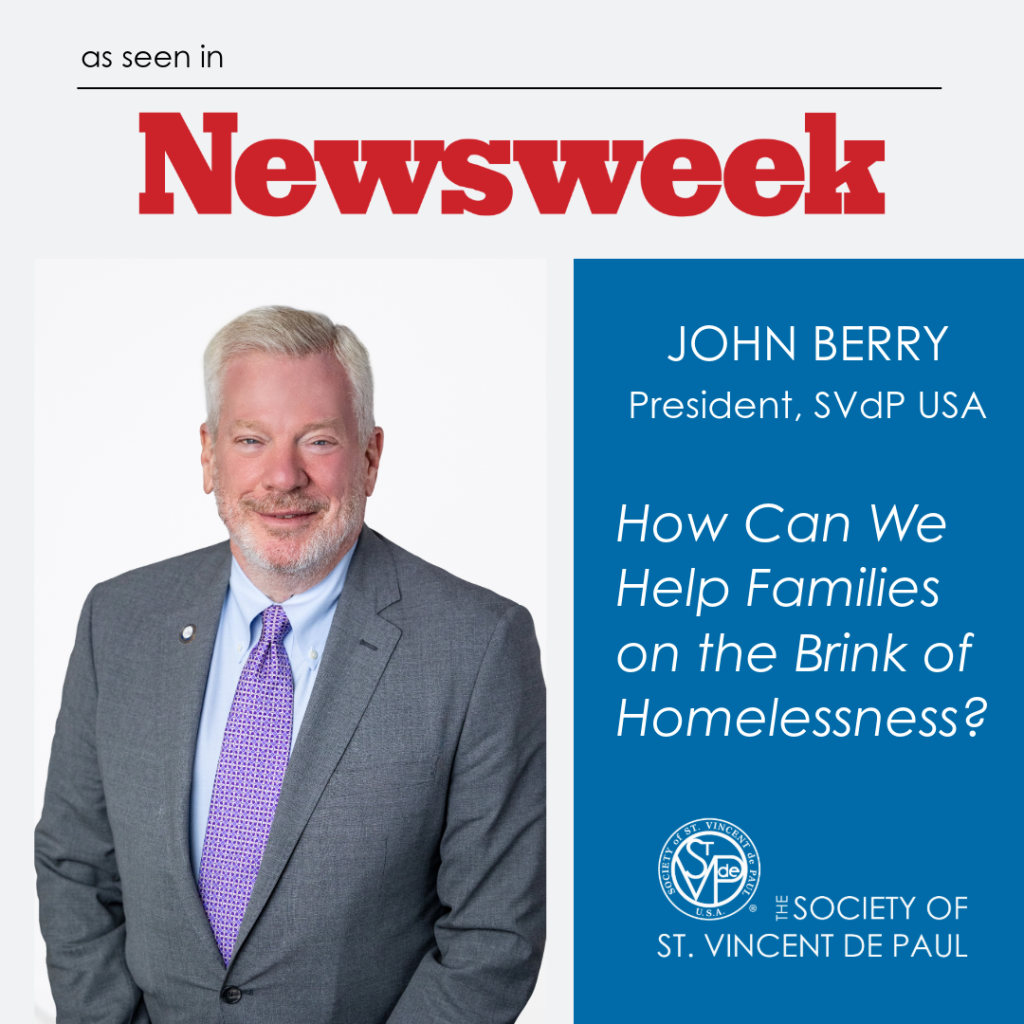The Pillar feature: For SVDP, preventing homelessness begins with home visits
Published in The Pillar Catholic media project on December 30, 2024 by Laura Loker
The statistics surrounding homelessness in America are sobering.
The number of Americans experiencing homelessness increased 12% from 2022 to 2023. Some research even estimates that as many as 3 in 4 Americans will experience poverty or near poverty in their lifetimes.
Meanwhile, more than two-thirds of Americans are “very concerned” about housing costs, and nearly three-quarters are likewise concerned about the prices of food and consumer goods.
To Michael Acaldo, the new CEO of the Society of St. Vincent de Paul, such statistics are calls to action.
Acaldo, who began the position in October, comes to the society’s national council from its Baton Rouge, Louisiana council. There he spent nearly 35 years building up large-scale efforts like its five emergency shelters, charitable pharmacy (which gives away prescription medications at no cost) and dining room (which serves free hot meals).
Now, he hopes to raise awareness of the society’s work.
“Although we want to embrace that humility that Christ calls us to, we also have to evangelize about what we’re doing so people can become a part of our mission,” Acaldo told The Pillar. “Because the needs today are much greater than they were just five years ago.”
The Society of St. Vincent de Paul originated in France in the early nineteenth century. Moved to help the poor he saw in Paris, 20-year-old university student Frédéric Ozanam founded the “Conference of Charity” with a few friends in 1833.
Soon after, the group adopted St. Vincent de Paul, servant of the poor and marginalized, as their patron and namesake. In 1845 the society made its way to the United States — beginning in St. Louis, Missouri, where the national council remains today.
The country’s 90,000 members — who call themselves “Vincentians” — belong to over 4,000 local parish conferences. Each individual conference works together to respond to the needs of its local community, which can range from food to furniture to emergency funds.
Catholics not directly involved with the organization often perceive it solely as its most visible outreach, Bob Glavin, president of St. Mary of the Assumption conference in Springboro, Ohio, told The Pillar. In the broader Dayton area, where he lives, most people know the organization for their two large emergency shelters.
But while homeless shelters are important — indeed, the society operates many across the country — their priority is homelessness prevention, Acaldo explained.
“Homeless prevention is something that the society has done from its very beginning,” he said.
And their central method, largely unseen by other Catholics in the pews, is the home visit.
Specific responses to specific needs
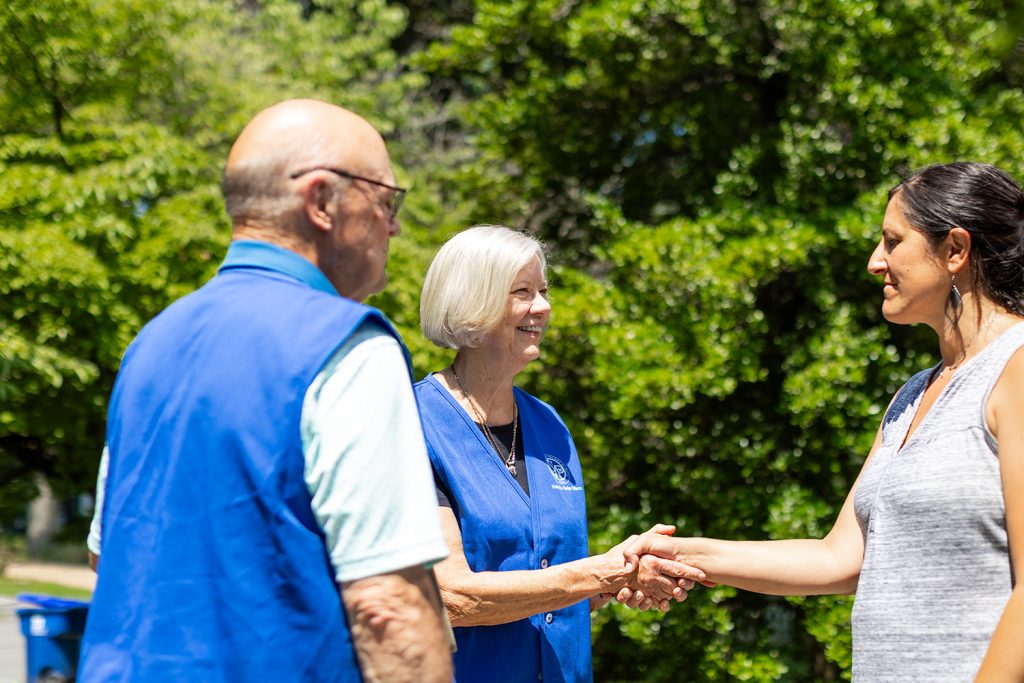 Today, it works like this: Local conferences operate a hotline that neighbors in need may call. After a neighbor leaves their information on their voicemail, a Vincentian follows up for more details. In many cases, the local conference arranges a visit to the caller’s home to learn more about their situation and how they might help.
Today, it works like this: Local conferences operate a hotline that neighbors in need may call. After a neighbor leaves their information on their voicemail, a Vincentian follows up for more details. In many cases, the local conference arranges a visit to the caller’s home to learn more about their situation and how they might help.
Two members — often a man and a woman, said Glavin — begin with a prayer prior to knocking on the door. Then they spend a few minutes with the neighbor, listening and asking questions about what they need and why the crisis arose.
“We’re here to help people get over a temporary situation,” said Glavin, who conducts home visits in his community. Unexpected car repairs or a prolonged illness that precludes working, for example, can leave a neighbor short on rent one month.
Such aid can make or break whether someone falls deeper into the poverty cycle, Acaldo explained.
“When you go out and you make one of these home visits, and you’re helping somebody with groceries, or maybe a portion of a rent payment or an electric bill or a water bill, you really are keeping them housed,” he said.
Indeed, a study from the University of Notre Dame’s Lab of Economic Opportunity found that families offered emergency financial assistance were 81% less likely to become homeless over a six-month period and 73% less likely over a twelve-month period. Such figures also suggest that targeting at-risk populations with emergency assistance can be more cost-effective than waiting until they are experiencing homelessness to intervene.
Conferences are careful, however, to use their resources — which come largely from individual donations — effectively.
“We’re not paying their entire rent bill,” said Glavin. “Normally, we’re paying a portion, and we want to know — is that going to avert the impending eviction? Is that going to put this neighbor on solid ground for a period of time where they can recover, or not?”
Vincentians also have these conversations with landlords and utility companies, whom they pay directly — and only after the tenant has contributed the remaining funds. If the problem is more systemic than spontaneous, wherein one-time assistance will not make a meaningful difference in the individual’s situation, Vincentians direct them to other local social services that may be able to help.
Occasionally, other needs become apparent during home visits. One neighbor, Sam, reached out for help with his utility bill, Glavin said. As they talked, Sam also mentioned that he could no longer push his vacuum cleaner around his small apartment due to a medical condition. He had contacted the county’s elderly services for help, but he was still on a waiting list.
So Glavin and his home visit partner vacuumed the apartment. And they came back several more times to vacuum until Sam told them a family member had stepped in to help.
“No act of charity is foreign to the society,” Glavin explained, quoting the organization’s motto. “So whatever people need, our calling and our ministry is to help if we can.”
Before they leave a home, the pair of Vincentians pray with their neighbor. Sometimes, Glavin said, they tell the individual or family that they’re welcome at their local parish.
Always, they try to be empathetic and supportive. Glavin recalled one visit when a mother was relieved just to be able to talk to someone about her son’s serious medical condition.
“The financial support helps,” he said. “But it’s not always the most important thing.”
‘Paying rent for Christ’
Many people, said Acaldo, believe the society is primarily a social services organization.
“We’re not,” he clarified. “We’re a spiritual organization. We are called to come together to grow spiritually in the great blessing of serving our neighbors in need.”
The spiritual emphasis, he said, is “truly very powerful.”
“When we go out to visit somebody, we knock on Christ’s door,” Acaldo continued. “We’re bringing groceries for Christ. We’re paying rent for Christ, and we’re encountering Christ and seeing Christ in those we are blessed to serve.”
Glavin affirmed that his own faith has grown since he joined the society five years ago, both from his involvement in their service and the example and support of other members.
“We’re acting as Christ would, right?” said Glavin. “I mean, he’s visiting people, he’s talking to people. He’s making friends with people who are not people we normally might encounter.”
Now that he is in a position of national leadership, Acaldo cannot participate in as much direct service. It is an aspect of the transition, he said, that a colleague warned him he might find challenging.
So he and his colleagues at the national council are planning to start quarterly “mission days,” in which they’ll partner with local Vincentians to do on-the-ground service to “stay in touch with who we are and what we’re about.”
“I think it’s always important, if you’re in an administrative-type role, that you keep that focus,” he said.
According to the society’s annual report, American Vincentians visited 1.8 million neighbors and offered $1.7 billion worth of services in the 2023 fiscal year. Their impact, Acaldo said, is “huge.”
“But we want to multiply that,” said Acaldo. “We want to multiply that and be able to bring God’s love to those who truly need that helping hand up.”

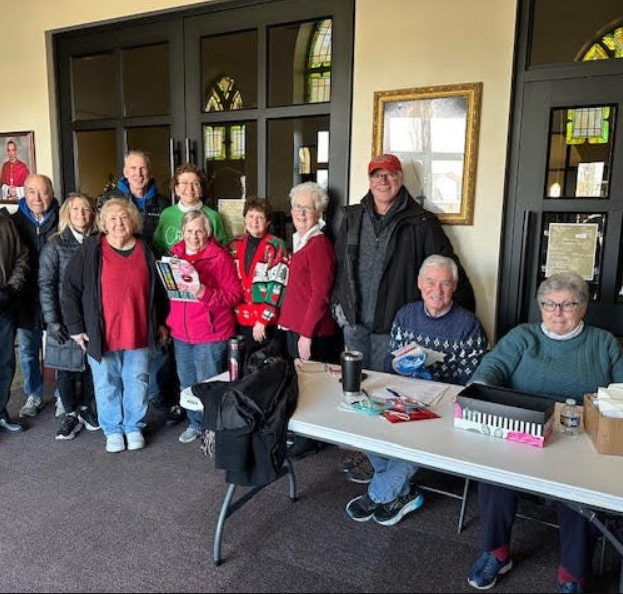
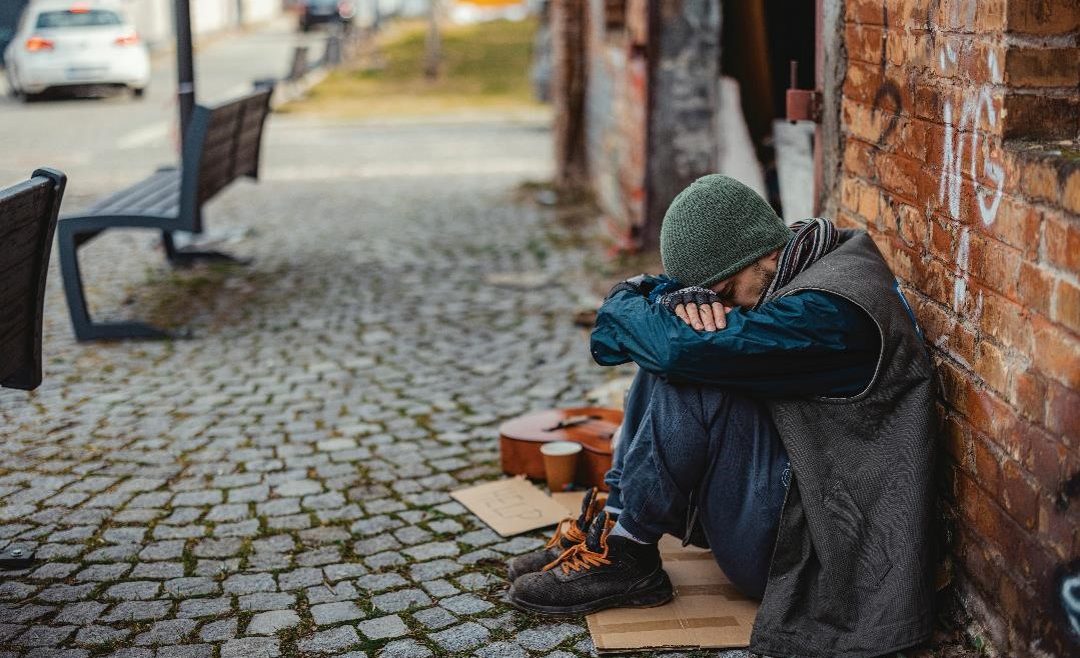
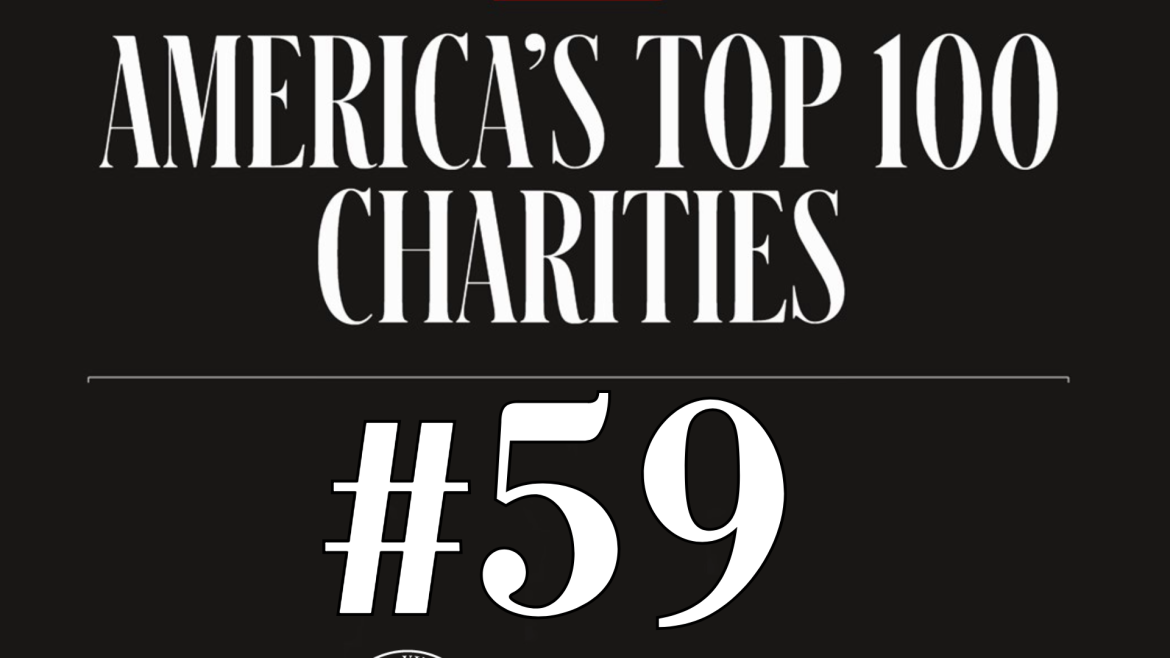
 The Society of St. Vincent de Paul USA earned a second consecutive appearance on Forbes magazine’s annual list of Top 100 Charities in the United States, climbing to #59 this year from #75 last year.
The Society of St. Vincent de Paul USA earned a second consecutive appearance on Forbes magazine’s annual list of Top 100 Charities in the United States, climbing to #59 this year from #75 last year.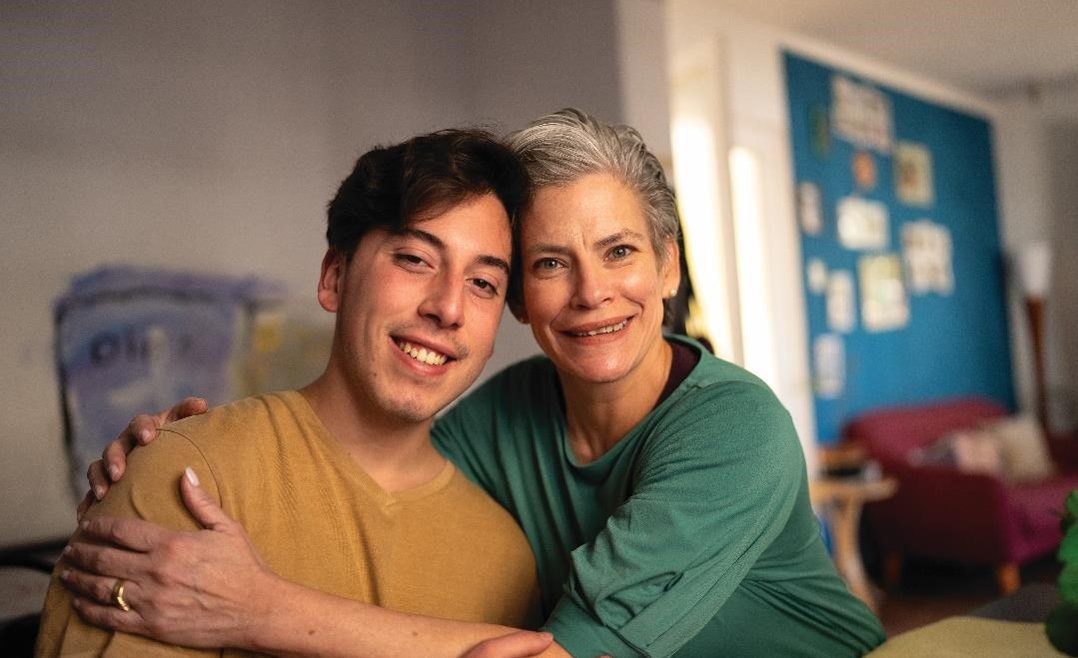
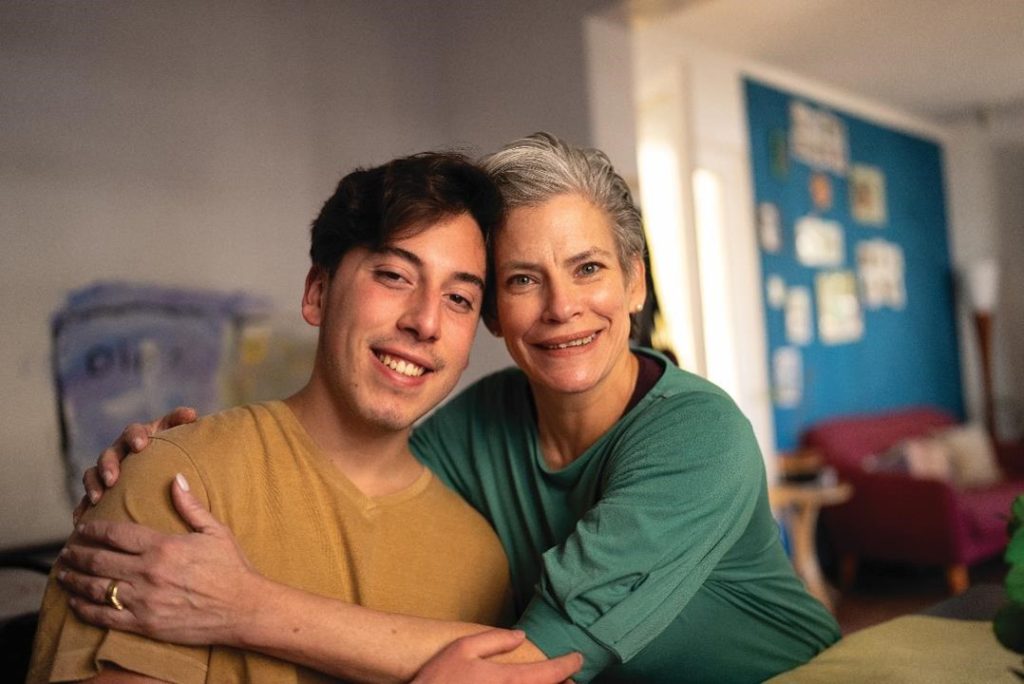 As a single mother to a grown, autistic son, Sarah faced a heartbreaking reality.
As a single mother to a grown, autistic son, Sarah faced a heartbreaking reality. THE RECENT GRANTS PASS U.S. SUPREME COURT DECISION ALLOWS LOCAL GOVERNMENTS TO MAKE IT A CRIME FOR SOMEONE TO LIVE OUTSIDE AND UNSHELTERED IF THEY HAVE NO HOME.
THE RECENT GRANTS PASS U.S. SUPREME COURT DECISION ALLOWS LOCAL GOVERNMENTS TO MAKE IT A CRIME FOR SOMEONE TO LIVE OUTSIDE AND UNSHELTERED IF THEY HAVE NO HOME.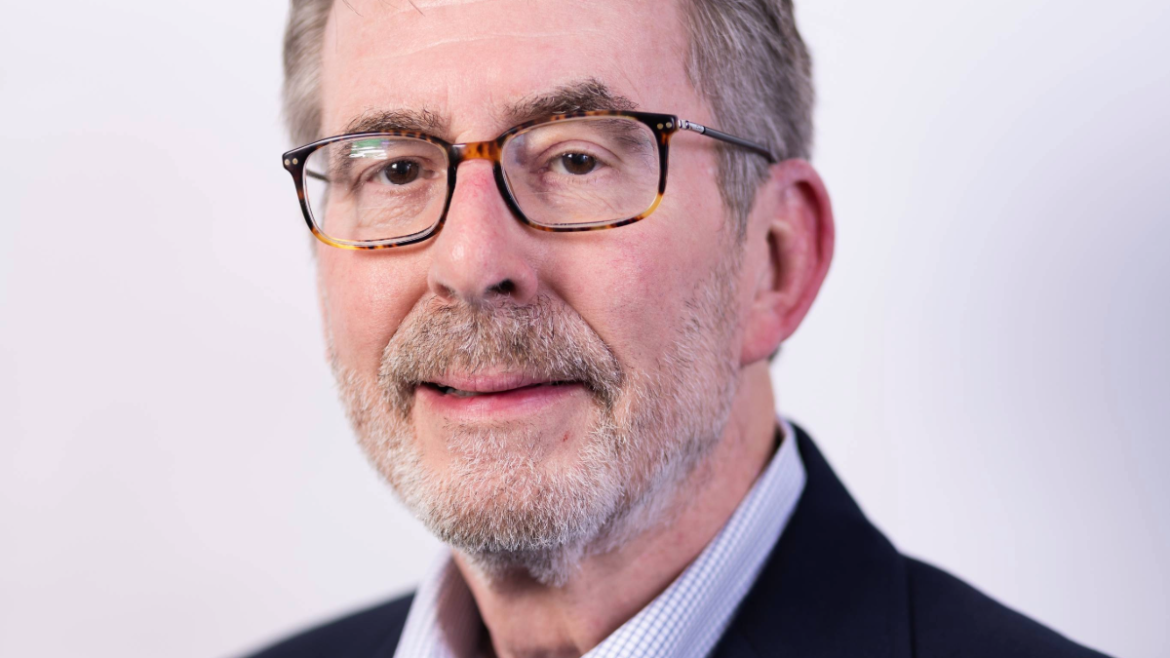
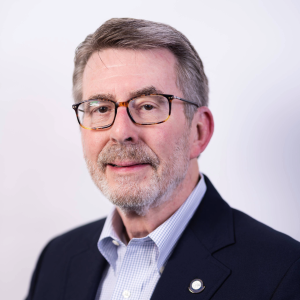 FEW WEEKS BEFORE HIS RETIREMENT, JIM DODD SAW AN INTERVIEW ON TV THAT CHANGED HIS LIFE. It was the executive director of St. Vincent de Paul Cincinnati discussing hunger and poverty at Thanksgiving.
FEW WEEKS BEFORE HIS RETIREMENT, JIM DODD SAW AN INTERVIEW ON TV THAT CHANGED HIS LIFE. It was the executive director of St. Vincent de Paul Cincinnati discussing hunger and poverty at Thanksgiving.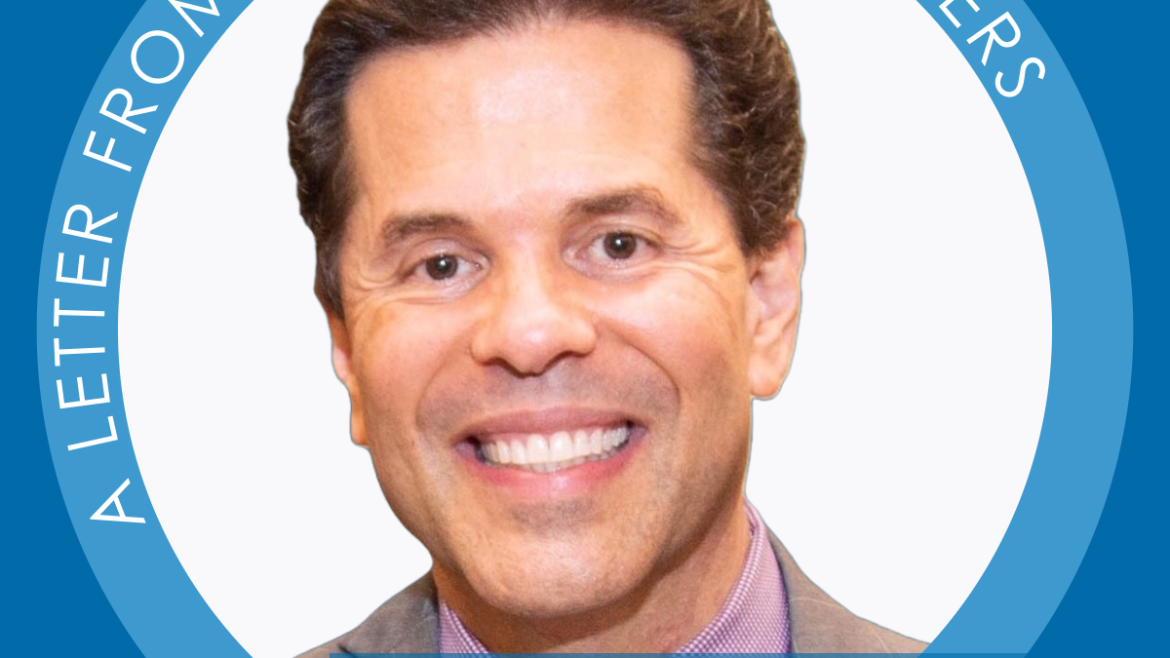
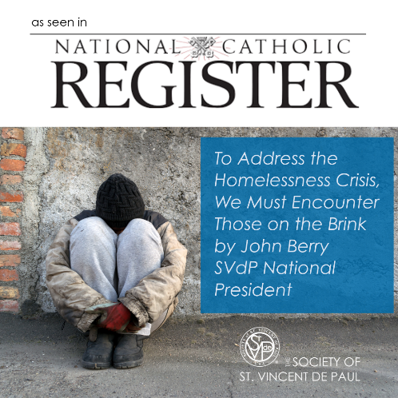
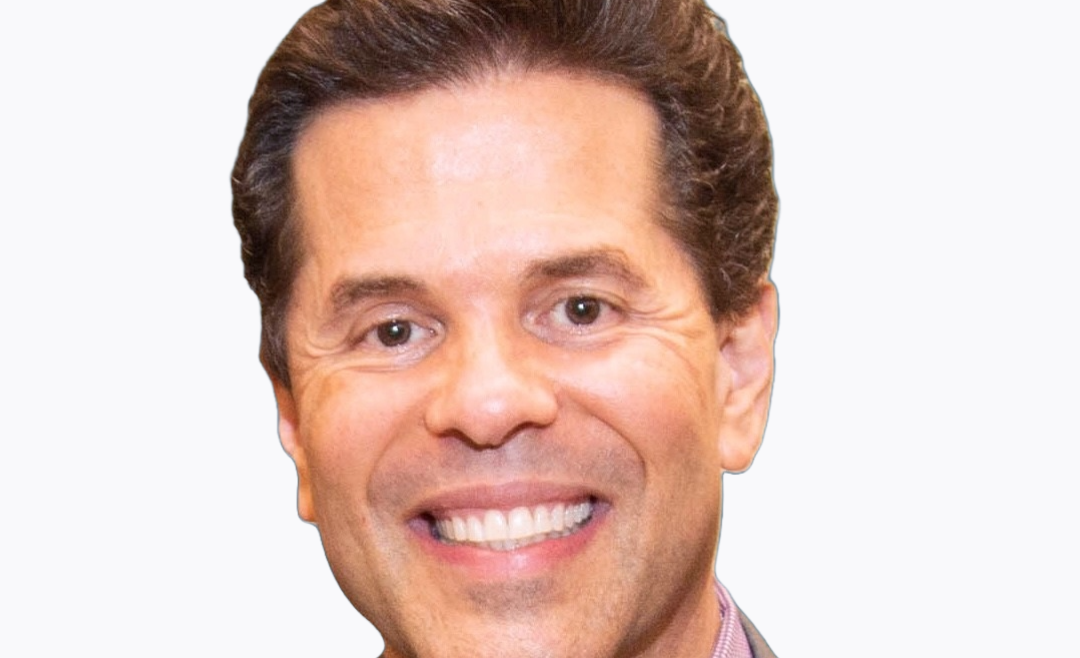
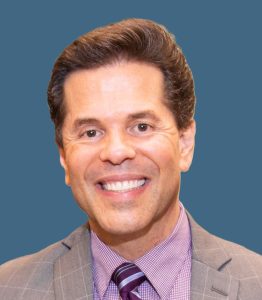 After an extensive nationwide search led by executive search firm
After an extensive nationwide search led by executive search firm 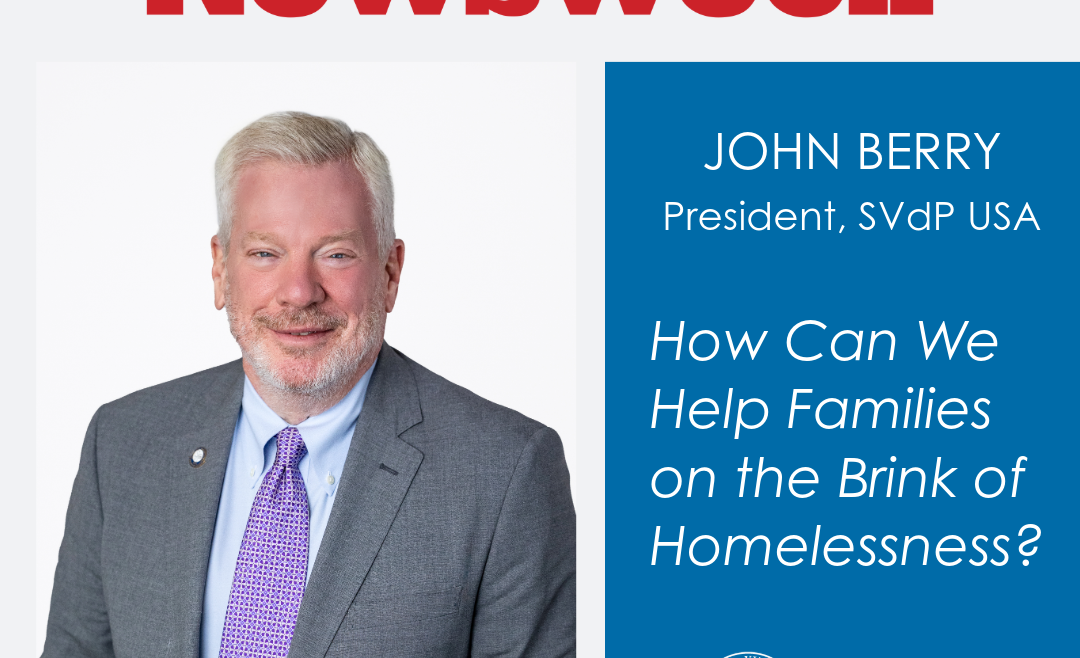
 The Supreme Court’s ruling in City of Grants Pass, Oregon v. Johnson calls fresh attention to the nation’s homelessness crisis. In its decision, released last week, the Court ruled that local ordinances with civil and criminal penalties for camping homeless on public land do not violate the Eighth Amendment’s protections from cruel and unusual punishment.
The Supreme Court’s ruling in City of Grants Pass, Oregon v. Johnson calls fresh attention to the nation’s homelessness crisis. In its decision, released last week, the Court ruled that local ordinances with civil and criminal penalties for camping homeless on public land do not violate the Eighth Amendment’s protections from cruel and unusual punishment.